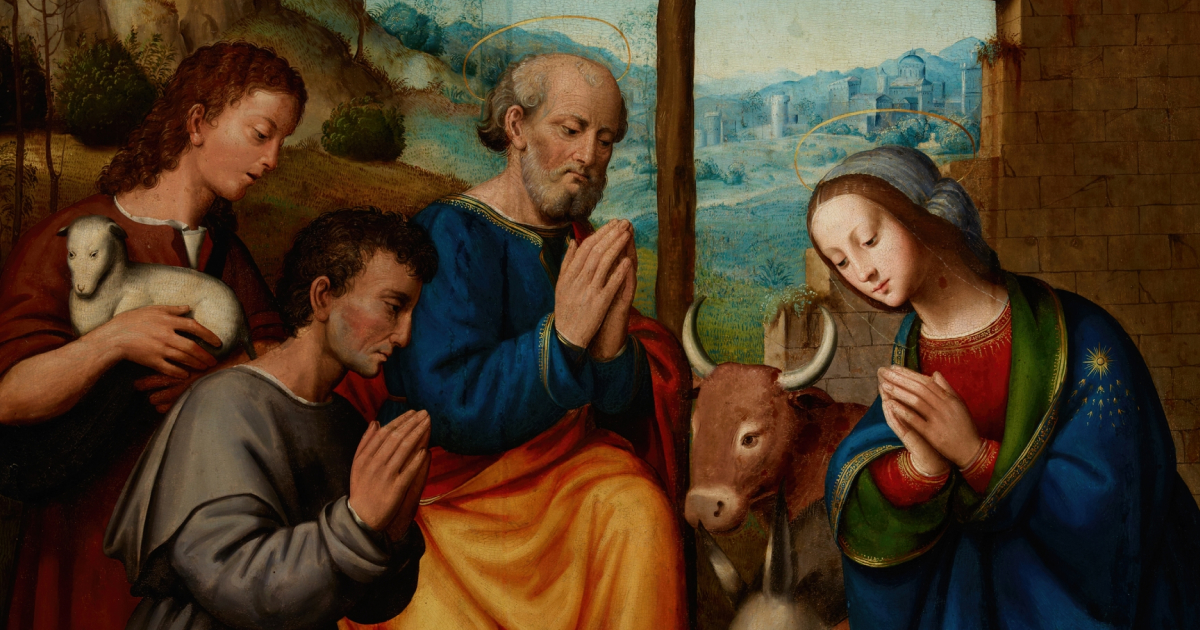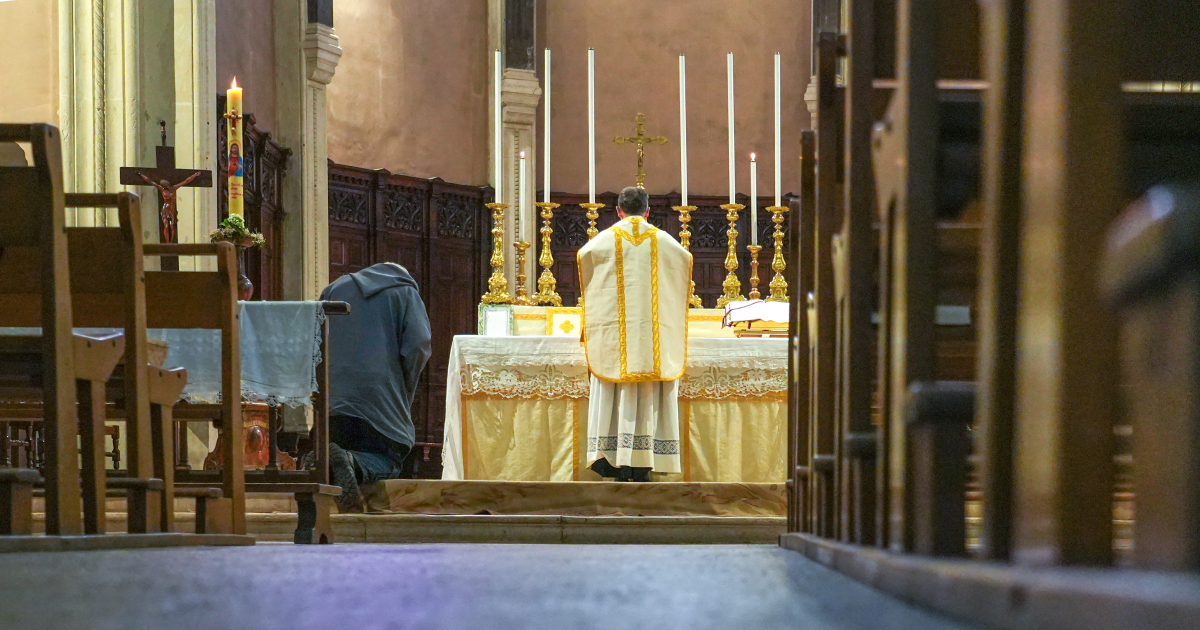“Peter said, ‘Lord, are you telling this parable for us or for all?’” (Luke 12:41)
In Sunday’s Gospel, Peter’s question reveals his assumption: do he and the disciples really need to be vigilant like servants waiting for their master, or a householder on the watch for thieves? Surely those already following Jesus have no need for a parable about him coming suddenly? Do I really need to be waiting for Jesus’ arrival if I already follow him?
No matter how long or how closely we have followed Jesus up to now, we are called to constant vigilance — for his second coming, and, day by day, for his next appearance in our lives.
Abraham had kept so close to God yet was shocked by the command to sacrifice Isaac. Still, he had faith and “considered that God was able even to raise him from the dead, from which, figuratively speaking, he did receive him back” (Hebrews 11:19). Jesus can burst unexpectedly into our lives at any moment, with a call to share his cross — and always with the reward of resurrection.
In reply to Peter’s question, Jesus adds a social aspect to the parable: the servants waiting for their master must serve others well in the meantime. If we have already begun to follow Jesus, we wait for his next coming by loving others.
When we tire of waiting, when it feels Jesus is absent, we can be tempted to seek compensations in power or pleasure rather than service: “that servant says to himself, ‘My master is delayed in coming,’ and begins to beat the male and female servants, and to eat and drink and get drunk” (12:45). The root problem is in our fatigue in prayer: this servant speaks “to himself,” literally “in his heart.” If our hearts become closed in monologue rather than dialogue, they latch on to worldly consolations instead of Jesus, “for where your treasure is, there will your heart be also” (12:34).
The gift of knowing Jesus is immeasurable, and so for each of us these words are true: “everyone to whom much was given, of him much will be required” (12:48). How do I share my faith?
The next phrase goes further: “from him to whom they entrusted much, they will demand the more” (12:48). Who are those entrusting and demanding in this phrase? In the first place, these are the fellow servants of the parable, and so they correspond to fellow members of the Church. When the Church entrusts special gifts to certain members, such as Peter and all priests, then “more” (literally, “more abundantly”) is demanded.
As we wait daily for Jesus to enter our lives again and again until his final coming, let us listen to him attentively in prayer, for “the Son of Man is coming at an hour you do not expect” (12:40). Mary did not expect the hour of Jesus’ conception in her womb, and she can keep us alert to each new entry of his into our lives.





.png)











